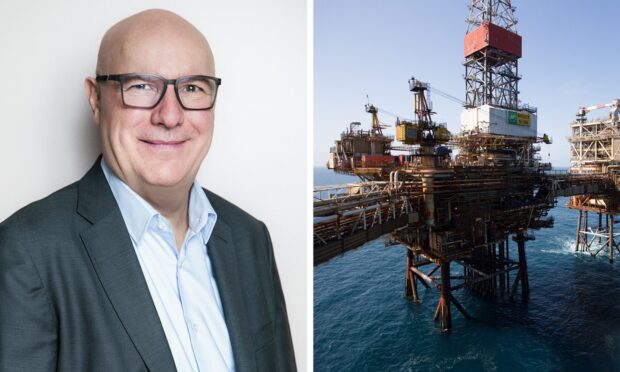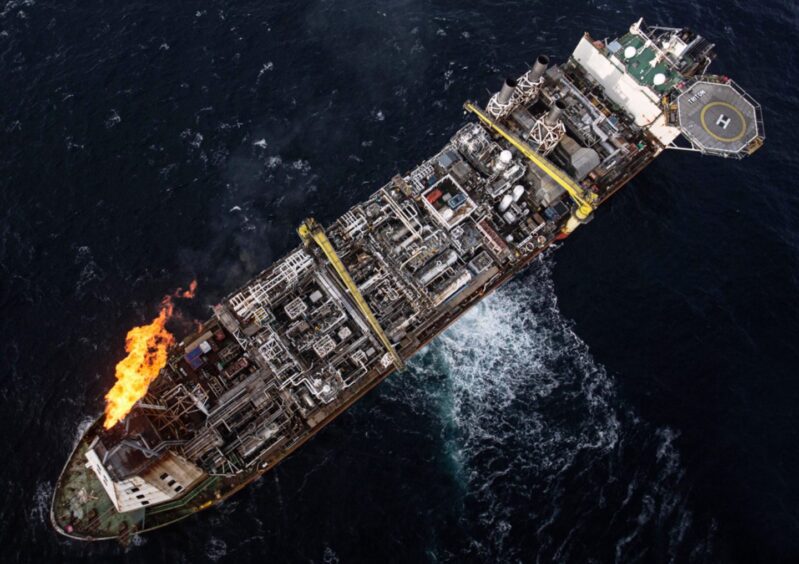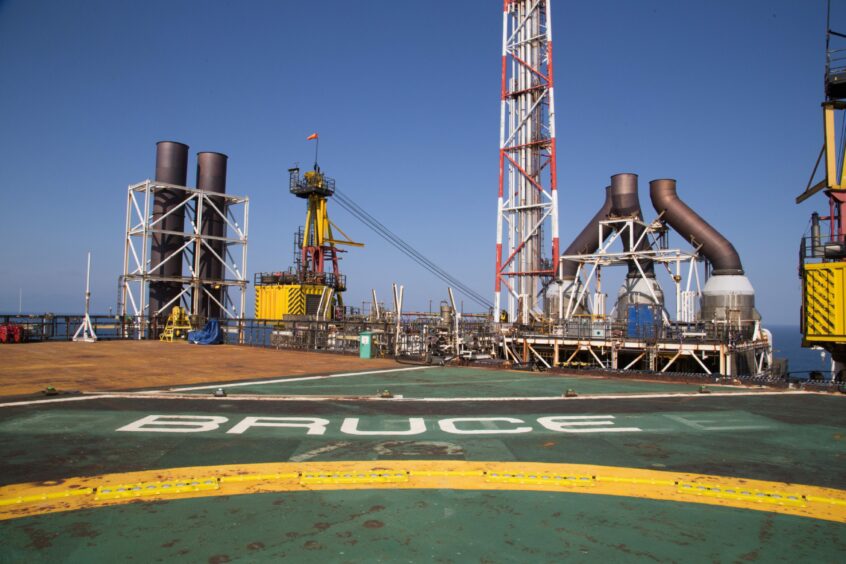Maximising economic recovery (MER) in the North Sea has been a key plank of UK Government policy for years.
It was the main thrust of the Wood Review, Sir Ian Wood’s flagship report on the future of Britain’s offshore energy industry, published in early 2014.
But where does MER sit amid the current debate over new oil and gas projects and the energy profits levy, or windfall tax on energy producers?
Serica Energy chairman and interim chief executive David Latin hit the nail on the head in his statement alongside the company’s latest results.
The troubling developments in 2023 – and sadly again in 2024 – came from Westminster. Our politicians appear to have embarked on a race to the bottom.”
Mr Latin said: “Any ‘windfall’ due to high commodity prices has long gone and the high
tax situation is ill-suited to a mature oil and gas basin such as the UK North Sea.
“Its continuation will not benefit people in the UK either financially or environmentally.”
He added: “Without doubt, times are currently difficult for independent oil and gas companies working in the UK.
“The troubling developments in 2023 – and sadly again in 2024 – came from Westminster.
“First, the government elected to keep its supposed ‘windfall’ profits tax in place long after any possible justification for it based on oil and gas prices had disappeared.
“And then… in the Spring budget (the chancellor) announced they would extend it by a further year to 2029.
Labour Party policy fuels uncertainty
“Second, the Labour Party announced that, if elected to government, they would not
only increase the rate of the tax to 78% but also significantly reduce the amount of capital relief on investment, as compared to the current regime.”
Serica’s chairman continued: “Uncertainty caused by political short termism risks killing off investment across the UK sector of the North Sea and with it the associated high-quality jobs this creates.
“It would seem that the established policy of maximising the economic recovery of the UK’s remaining reserves of oil and gas in support of the energy transition has been abandoned.
“Instead, our politicians appear to have embarked on a race to the bottom with policy aimed at maximising the near-term government take, notwithstanding that this will necessarily accelerate both production decline and the timing of decommissioning.”
Short-term policies will only lead to more, less secure, oil and gas imports
This will in turn reduce the government’s tax take from the North Sea and “serve only to increase imports of oil and gas to the UK”, Mr Latin said.
He went on: “Imported production can easily be interrupted, pays no UK taxes, sustains no UK jobs and often involves greater carbon emissions.
“This policy volte face is a sad demonstration of the elevated level of UK political risk which our industry now faces.”
It has also caused all companies operating on the UK North Sea, including Serica, to
reconsider their investment plans, he said.
Mr Latin welcomed a new chief financial officer, Martin Copeland, to the board. Andy Bell has stepped down from the role after announcing retirement plans in February.
Mitch Flegg has also left his role as CEO and will quit the business altogether later this year. Mr Latin is the interim CEO until a permanent successor to Mr Flegg is appointed.
Meanwhile, former Oil and Gas UK/Offshore Energies UK chief executive Malcolm Webb has decided not to stand for re-election as Serica’s senior independent director.
He will step down at the AGM, likely being held in June, but will continue to lead the search for a new CEO as chairman of the London-listed firm‘s nominations committee.
Shares in the company nudged up nearly 0.5%% today, to 194.7p, after it posted pre-tax profits of £305.6 million for last year – down from £488.2m in 2022.
Revenue in the latest period totalled £632.6m, down from £812.4m previously.
Net production during 2023 totalled 35,167 barrels of oil equivalent (boe) per day, up from 26,200boe the year before.
Serica said its latest figures were impacted by lower commodity prices and higher operating costs, offset by nine months of production contribution from its new Tailwind assets. Serica completed its acquisition of Tailwind Energy Investment in March 2023.
Mr Latin added: “In operational terms, 2023 was another year of sound progress.
“Notwithstanding an unexpectedly long summer maintenance shut down, we again delivered within the range of our production guidance, and more than replaced production for the sixth year in succession.”
Read more: Leading north-east businesswoman joins boardroom team at Serica Energy






Conversation